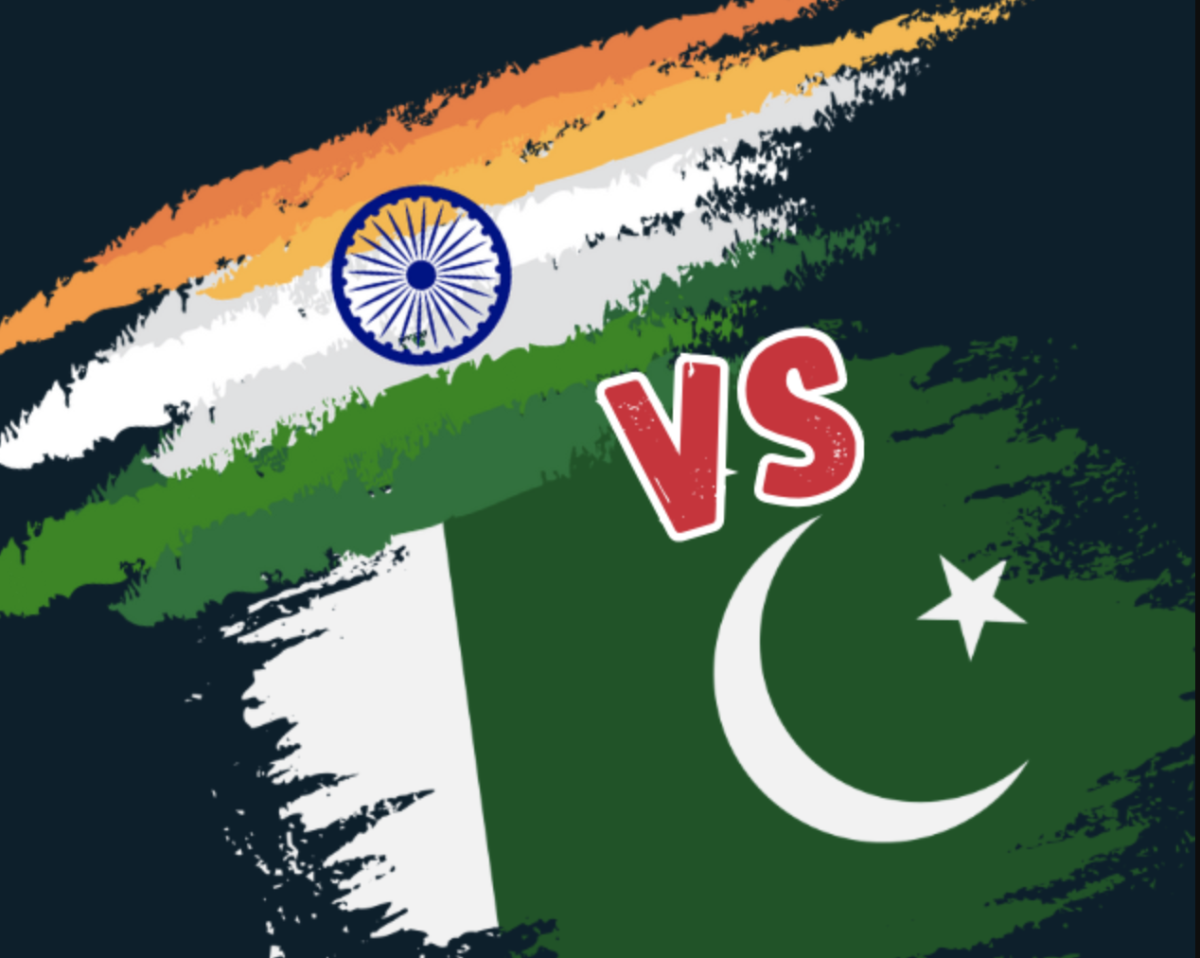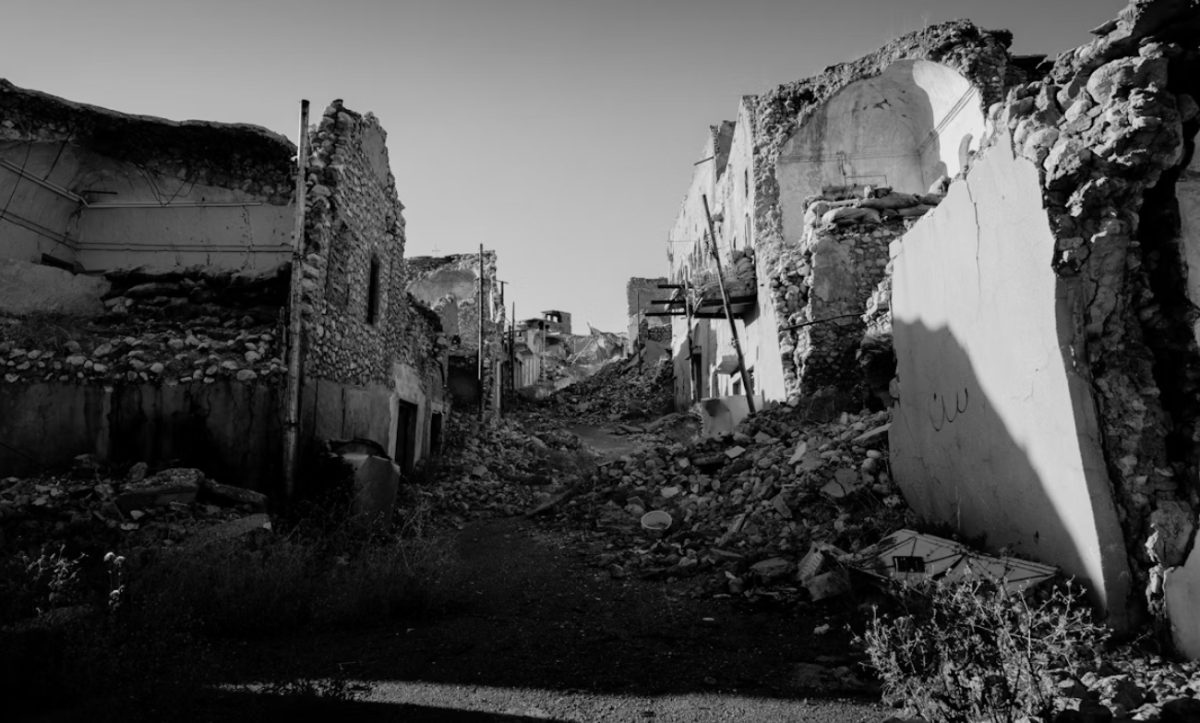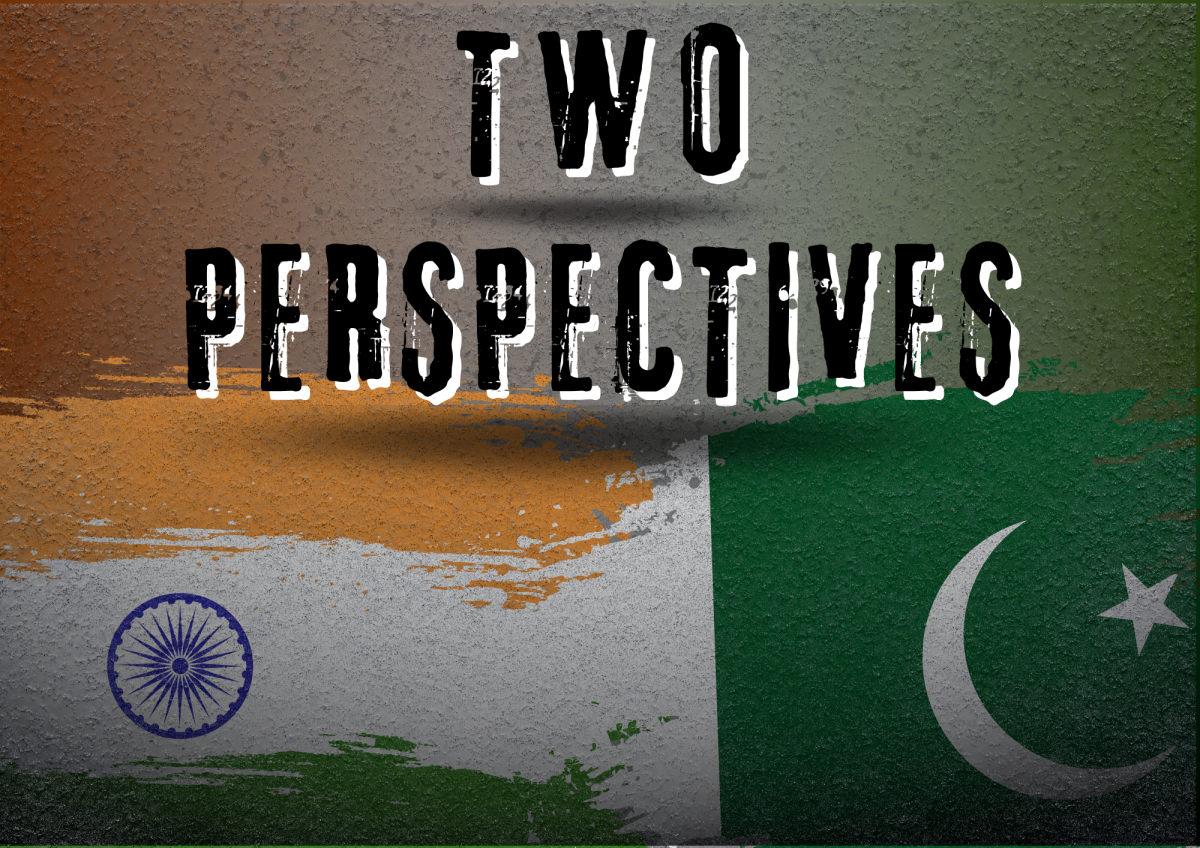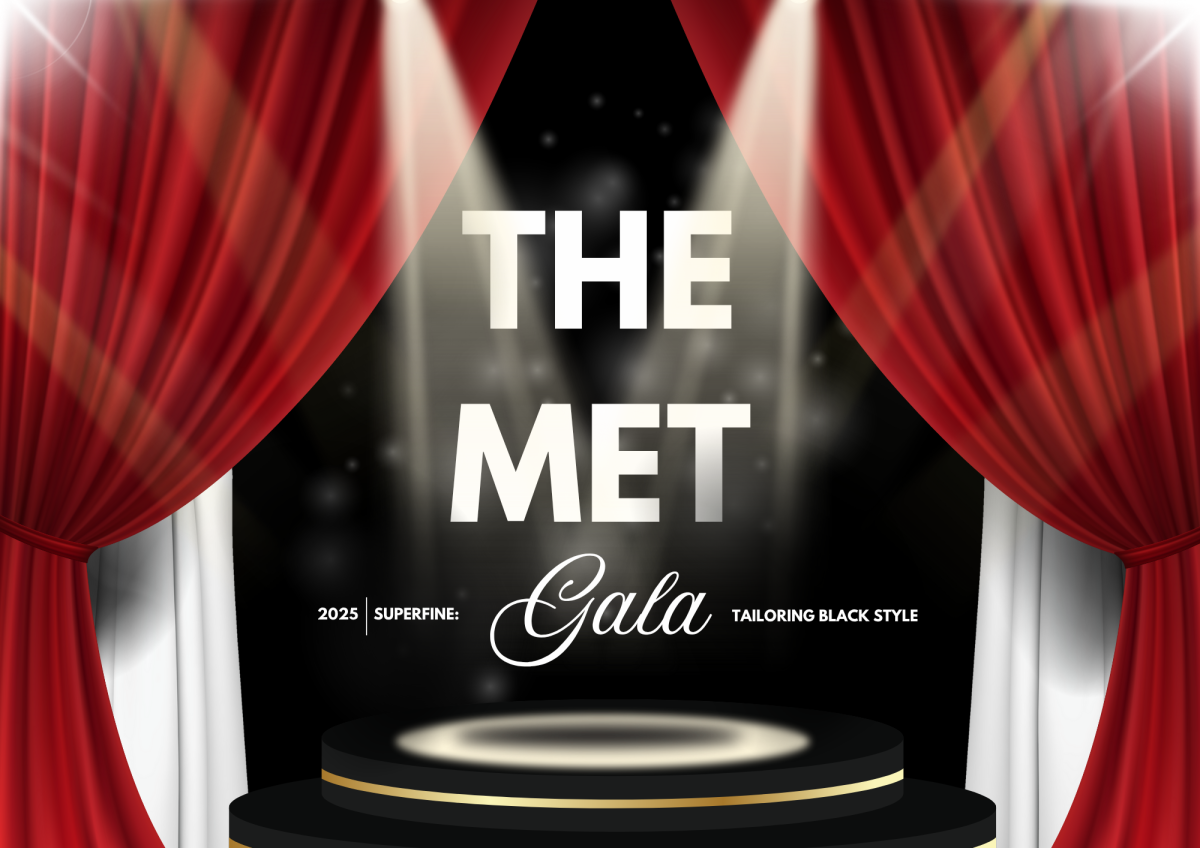For over 75 years, Kashmir has been trapped in a relentless cycle of conflict, fear, and uncertainty. The roots of this conflict stretch back to 1947, when the British partitioned the Indian subcontinent. During this time, a massive population exchange took place, with the majority of Hindus and Sikhs staying in India and the Muslim population migrating to the newly formed Pakistan. At partition, princely states were given the right to choose between India and the Pakistan. Despite Kashmir’s Muslim majority, its Hindu ruler Maharaja Hari Singh acceded to India in October 1947, triggering the first war between India and Pakistan over the region.
In response, both nations took the matter to the United Nations. In 1948, the UN Security Council passed Resolution 47, which clearly laid out a path to peace: Pakistan would withdraw its military forces, India would reduce its troop presence, and an impartial plebiscite (national vote) would be held so that the people of Jammu and Kashmir could decide their future as per their right to self-determination. However, India denied this and over seven decades later, that national referendum has never taken place and until it does, true and lasting peace will remain out of reach.
Most recently, the horrors of the Pahalgam terrorist attack in early 2025 sent shockwaves across the world, killing 24 Hindu pilgrims, a Christian and a Muslim. Eyewitnesses described chilling moments when the attackers reportedly asked victims about their religion before killing them. This kind of religious profiling is not only barbaric, it is an attack on the shared humanity of all people. The perpetrators of this atrocity must be brought to justice, no matter who they are or where they are from. However, justice cannot come through assumptions or retribution. In the aftermath, India swiftly blamed Pakistan’s government without presenting concrete evidence. What followed was a series of retaliatory strikes, including bombings on civilian areas, one of which tragically hit a mosque. India, like any nation, has the right to defend itself. But launching military action against another sovereign country without verified proof of state involvement only escalated the violence. By the war’s end, 43 Pakistani civilians and 27 Indian soldiers were dead. No solutions found, only more pain, more loss and more death.
Shouldn’t evidence come before escalation? And in the end, who suffers most? Not generals or politicians, but civilians. Always civilians.
Since 1990, over 70,000 people have died due to the conflict, with the vast majority of casualties occurring in Indian-administered Kashmir, according to the Jammu and Kashmir Coalition of Civil Society. Thousands have been arrested without trial under laws like India’s Public Safety Act with continuous reports of torture, enforced disappearances and extrajudicial killings by Indian security forces which have been documented by international human rights groups including Amnesty International and the United Nations Office of the High Commissioner for Human Rights. Pakistan, too, has silenced dissent in Azad Kashmir, where freedom of speech and political activism are tightly controlled. Can any government justify human rights abuses in the name of territorial control?
In 2019, India revoked Article 370, which removed Kashmir’s semi-autonomous status and was carried out without consultation with the Kashmiri people, leading to months of curfews and communication blackouts. Since then, the region has seen increased military presence, extended internet blackouts and tighter control over local governance with many arguing India wants the land of Kashmir, but not the Kashmiri people who are 97% Muslim.
Again and again, it is the Kashmiri people who bear the cost. Again and again, they are asked to wait, to suffer, to endure. How long must the Kashmiri people wait before their voice is heard?
Lasting peace will not come through airstrikes. It will not come through arrests. It will not come through silence. Both countries must confront the truth, the only sustainable path to peace is through an internationally monitored plebiscite to finally allow Kashmiris the right to self-determination and the ability to decide their own future.
In my opinion, the people of Pakistan and India do not want to live with hatred and anger. Before British colonisation, Hindus and Muslims coexisted peacefully for centuries with many sharing places of worship, praying side by side, and celebrating each other’s traditions. This spirit of unity still exists, if we choose to see it. As a Pakistani, some of my closest friends are Indian. Just the other day, after my family had dinner at a local Pakistani restaurant, we walked across the road to Chatkaaz for paan. My dad, a proud Pakistani, started talking with the man behind the counter, who was from Hyderabad, India. Yet, together, they laughed about the Indus Water Treaty and cricket matches, and both recognised that the fighting has only ever resulted in the death of innocent people.
Are we brave enough to give the people of Kashmir the freedom they were promised? Are we wise enough to stop fighting a war that only breeds more suffering and civilian loss?
Gaza, Yemen, Ukraine, Sudan. We don’t need more death.
History will not remember who dropped the most bombs. It will remember who listened. And now, more than ever, it is time to listen to Kashmir.












Noah Cunich • May 27, 2025 at 10:09 am
This is interesting
Rahul Dravid • May 26, 2025 at 6:43 pm
Let’s settle it on the cricket stumps. Bangalore number one!
Aarav Kumbhat • May 25, 2025 at 11:00 pm
Wow this is so interesting as I am Indian and I did not know this much of the conflict so it is very interesting and makes me happy that other students also have concerns abou tthis and want to share it to other students